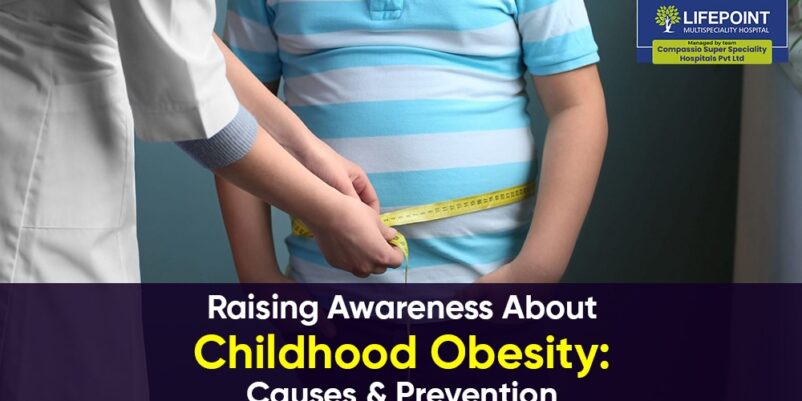Childhood obesity is a major public health problem that affects millions of children and adolescents worldwide. The condition is characterized by an excessive accumulation of body fat, which can have serious health consequences, both in the short and long term. Unfortunately, childhood obesity is on the rise, with the number of affected children increasing year after year.
There are a number of factors that contribute to childhood obesity, including genetics, lifestyle, and environmental factors. One of the main causes of childhood obesity is a sedentary lifestyle, which is characterized by a lack of physical activity and the increased consumption of unhealthy food. This can lead to a positive energy balance, where the body takes in more calories than it burns, leading to weight gain and eventually, obesity.
Another factor that contributes to childhood obesity is a lack of education about healthy eating and lifestyle habits. Many children are not taught the importance of eating a balanced diet, engaging in regular physical activity, and avoiding unhealthy food choices. This can lead to the development of unhealthy habits that persist into adulthood, increasing the risk of developing obesity and related health problems.
There are several strategies that can be used to prevent childhood obesity, including promoting physical activity, healthy eating habits, and healthy food choices. One of the most effective ways to prevent childhood obesity is to encourage children to engage in regular physical activity, such as playing sports, going for walks, or participating in other forms of exercise. Regular physical activity helps to burn excess calories and maintain healthy body weight.
In addition to promoting physical activity, it is also important to promote healthy eating habits and food choices. This can be achieved by educating children about the importance of eating a balanced diet, which includes a variety of fruits, vegetables, whole grains, lean proteins, and low-fat dairy products. Children should also be encouraged to limit their consumption of sugary drinks and high-fat, high-calorie foods, such as fast food and junk food.
Another effective strategy for preventing childhood obesity is to create a supportive environment that encourages healthy habits. This includes creating access to healthy food options, promoting physical activity, and limiting the availability of unhealthy food and drinks. Parents, teachers, and community leaders can play a critical role in creating this type of environment by advocating for healthy policies, such as the introduction of healthy food options in schools, the creation of parks and recreational facilities, and the development of community-based physical activity programs.
Finally, it is important to raise awareness about childhood obesity and the importance of prevention. This can be done by educating families, communities, and healthcare providers about the causes and consequences of childhood obesity, as well as the strategies that can be used to prevent it. By raising awareness and promoting healthy habits, we can help to reduce the incidence of childhood obesity and improve the health and well-being of future generations.
In conclusion, childhood obesity is a serious public health problem that requires a coordinated and comprehensive approach to prevention. By promoting physical activity, healthy eating habits, and a supportive environment, we can help to prevent childhood obesity and improve the health and well-being of children and adolescents worldwide. It is up to all of us to take action and raise awareness about this critical issue.

